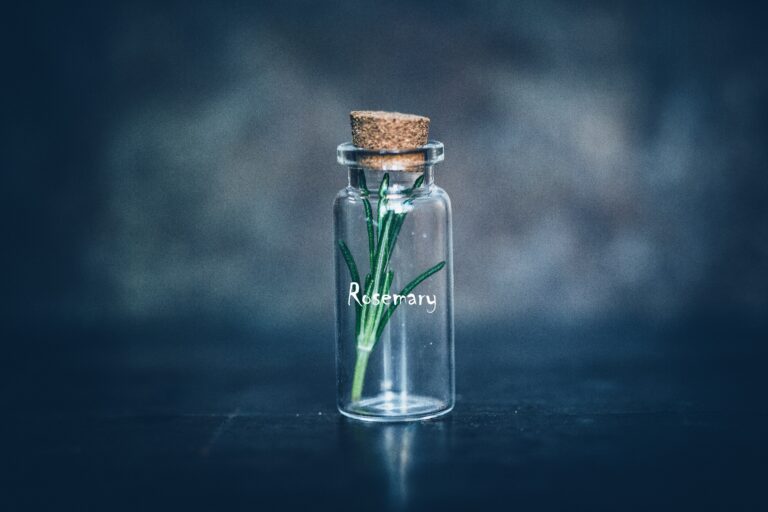How Companies Can Sustainably Handle Hazardous Waste
 Hazardous waste is a prominent issue for businesses and industries throughout the world. Its manufacturing and presence in countless everyday products and its disposal are difficult to manage. However, getting a handle on sustainably disposing of hazardous waste is necessary — and now it’s more plausible than ever, with plenty of options for companies of all sizes.
Hazardous waste is a prominent issue for businesses and industries throughout the world. Its manufacturing and presence in countless everyday products and its disposal are difficult to manage. However, getting a handle on sustainably disposing of hazardous waste is necessary — and now it’s more plausible than ever, with plenty of options for companies of all sizes.
Understand the Types of Waste
The first step for properly handling hazardous waste is to know what you’re dealing with. This kind of waste comes in all forms — liquid, gas and solid. It could be anything from paint to gasoline to batteries. Each can lead to public health concerns and environmental issues.
You can classify each hazardous material into listed waste or characteristic waste, which shows how flammable, toxic, corrosive and reactive the waste is. Some common products and substances that qualify as waste include fluorescent tube lights, fertilizers, batteries, asbestos, acids, animal poisons and gasoline.
These hazards can seep into water supplies, pollute landfills or pollute the air, depending on their state. Once a company has a grasp on what types of hazardous waste they’re dealing with, then they can move on to taking action.
Recover and Recycle
The best way to be sustainable with hazardous materials is to recycle them. While this step could be as simple as finding places to recycle batteries — tech stores sometimes have drop-off bins — recovering materials is a more in-depth step.
Tech materials often have lead, zinc and nickel in them that makes them dangerous to public health and the environment. However, through the process of material recovery, companies and manufacturers can use these parts for other products and keep them out of landfills.
With materials that aren’t fully recyclable, like gasoline, companies can work with industries that accept fuels to burn. The agriculture sector frequently uses fertilizers and automotive resources for machinery. If a company doesn’t need a material, chances are good someone else will.
However, these processes aren’t always available or practical for companies. In these circumstances, partnering with professionals is the solution.
Turn to the Professionals
Smaller businesses, especially, may have trouble recycling or recovering materials on their own. In such cases, professional services that specialize in sustainable hazardous waste management are more abundant than ever.
Some specialize in handling emergencies relating to the environment. For instance, Clean Harbors cleans up and remediates industrial waste accidents. Companies like these will be invaluable for managing accidents.
Other companies, like Progressive Waste Solutions, focus on waste management in cities for residential and commercial services. They operate by meeting LEED requirements and certifications, disposing of hazardous waste in the most sustainable ways possible.
Then, some resources take waste management to the next level. Republic Services has branched out to using heat from landfills to generate energy for solar power.
These examples show that hazardous waste has a purpose after it becomes waste and, furthermore, has a proper way to keep it from harming the environment and human health. Working with these companies is ideal for any business.
Make the Sustainable Switch
A major solution for not having to deal with hazardous waste is to avoid these materials and substances altogether. Although it may not be fully possible to rule out every kind of hazardous material, you can make sustainable changes that will reduce the need to manage waste.
First and foremost, you’ll be able to find plenty of energy-efficient materials that don’t contain toxins. For instance, replace fluorescent tube lights with smart LED bulbs. LED lights offer energy savings of up to 75% compared to fluorescent lighting and don’t have harmful waste outcomes at the end of their lives. Similarly, all Energy Star appliances will save money and energy while focusing on sustainable life cycles.
Of course, since renewables like solar and wind are becoming cheaper every year, they are now practical options to turn to. Working with oil and gas for energy could disappear altogether.
Hazardous Waste, Sustainable Management
With these tips, companies can branch out with their hazardous waste management in sustainable ways. Then, reducing the number of hazardous products they have will be the ultimate goal for achieving full environmental friendliness.
Bio: Emily covers topics in sustainability, conservation and green technology. You can read more of her work on her blog, Conservation Folks.


